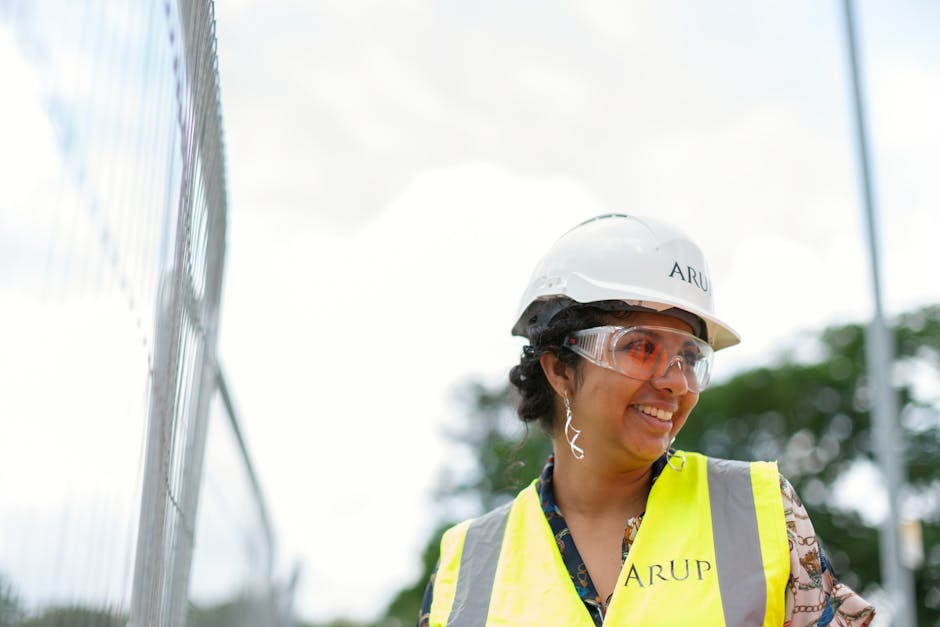Embarking on a commercial construction project can be an exciting but overwhelming endeavor. Understanding the factors influencing the timeline is crucial. Let’s delve into the intricacies of commercial construction timelines.
Factors Affecting Timelines
The timeline of a commercial construction project can vary significantly based on several key factors. The size and scope of the project play a crucial role in determining the overall duration. Larger projects involving complex structures or specialized requirements often take longer to complete due to the intricate planning and execution involved.
Moreover, external factors such as weather conditions can impact construction timelines. Adverse weather, such as heavy rain or snow, can lead to delays in construction activities, affecting the overall project schedule. Contractors must account for such variables when outlining the timeline for a commercial construction project.
Additionally, the availability of materials and labor can influence the duration of a construction project. Delays in the delivery of materials or a shortage of skilled laborers can hinder progress and extend the timeline. Ensuring a steady supply chain and skilled workforce is essential to keeping the project on schedule.
Changes in design or scope during the construction process can also impact timelines. Modifications or additions to the initial plans may require additional time for approval, procurement of materials, and implementation. Clear communication and detailed planning from the outset can help mitigate these delays.
Planning and Permitting Process
The planning and permitting process is a critical phase that significantly influences the overall timeline of a commercial construction project. Before any construction work can commence, thorough planning, including architectural designs, engineering assessments, and permit acquisition, is required.
Securing permits from local authorities can be a time-consuming process, with regulations and requirements varying based on the location and project specifics. Delays in obtaining permits can stall the project before ground is even broken, underscoring the importance of starting this process early.
Collaboration between architects, engineers, contractors, and regulatory bodies is essential during the planning phase to ensure alignment with building codes and zoning regulations. Any discrepancies or issues identified during the permit review can lead to revisions and subsequent delays in the project timeline.
Construction Phases
The construction phase of a commercial project is comprised of various stages, each essential to the project’s overall success. Site preparation marks the beginning, involving clearing, grading, and utilities installation to ready the land for construction.
Foundation and structural work follow, laying the groundwork for the building’s stability and framework. Subsequent phases include exterior construction, interior finishes, and mechanical and electrical installations, each requiring precise coordination and execution.
Quality control and inspections are integrated throughout the construction process to ensure compliance with building codes and project specifications. Close monitoring of each phase and prompt resolution of any issues are vital to maintaining the project schedule and delivering a high-quality final product.
As the project nears completion, final inspections, client walk-throughs, and obtaining occupancy permits become focal points. Attention to detail and adherence to timelines during these closing phases are crucial in handing over the project to the client on schedule.
Navigating Commercial Construction Timelines
Completing a commercial construction project requires time, meticulous planning, and professional expertise. By grasping the nuances of each phase and the factors affecting timelines, you can ensure a successful project completion.


